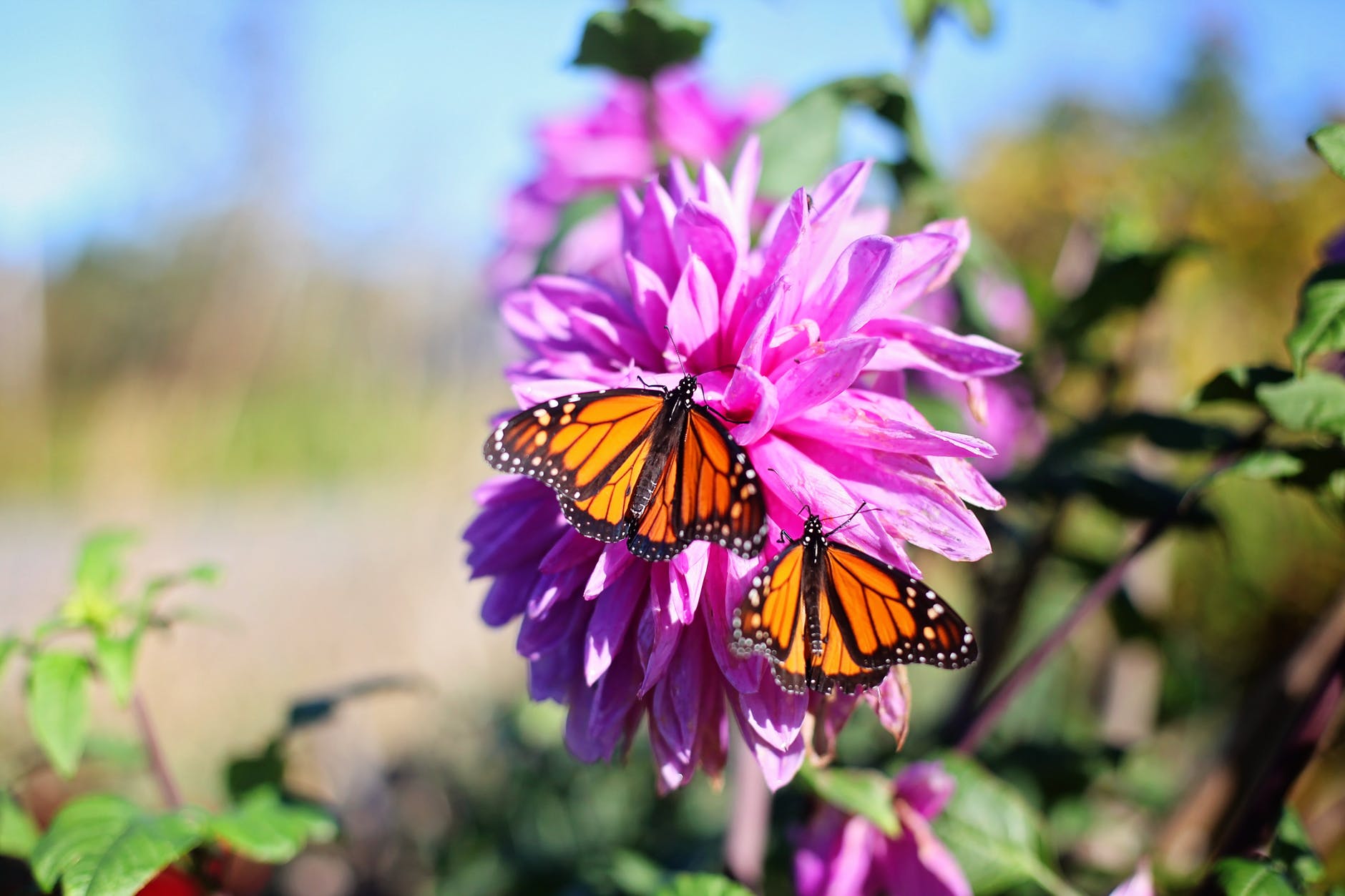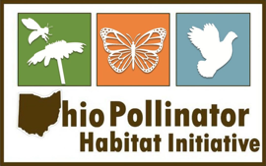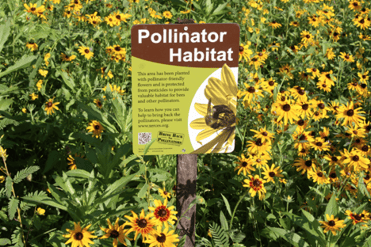
John Muir, the famous American naturalist, geologist and advocate of our National Parks, once said, “When we try to pick out anything by itself, we find it hitched to everything else in the universe.” His words especially ring true when it comes to the ecological relationships between pollinators, plants and people.
The plight of our pollinators is a national concern. Bees, butterflies, birds, bats as well as other pollinating animals have declined due to the excessive use of pesticides and mowing, which prohibits the growth of plants that benefit pollinators. Important nectar sources, like common milkweed, which normally grow in idle meadows, weedy roadsides, uncultivated and unmowed edges and corners of agricultural fields, pastures and backyards are no longer accessible to the pollinators that need them.
Consequently, pollinators are less abundant and less available to pollinate food plants important to human life. The links that connect the chain of relationships within the ecosystem that are crucial to “holding together” all life are becoming “unhitched.”
 In an effort to restore these connections, there now exist a program called the Ohio Pollinator Habitat Initiative. The goals of this Initiative are twofold; to create and improve habitat across the State of Ohio and to increase as well as improve pollinator conservation for all Ohioans.
In an effort to restore these connections, there now exist a program called the Ohio Pollinator Habitat Initiative. The goals of this Initiative are twofold; to create and improve habitat across the State of Ohio and to increase as well as improve pollinator conservation for all Ohioans.
Conservation partners in this worthy endeavor include both government agencies and non-government organizations such as Pheasants Forever, AEP, ODOT, Ohio Division of Wildlife, US Fish and Wildlife Service and United States Department of Agricultural, NRCS. In fact, USDA provides a financial incentive for landowners that qualify to plant pollinator habitat (CP42).

Hocking College’s new entrepreneurial certificate program was created to help students develop the knowledge and practical skills necessary to become a conservation contractor and assist landowners who need conservation practices installed like a pollination habitat planting.
The program will kick off during the spring of 2020.
If you are interested in taking the certificate or a landowner who needs a pollination habitat planted, please contact Lynn Holtzman, the Wildlife Management Program Manager at Hocking College.



